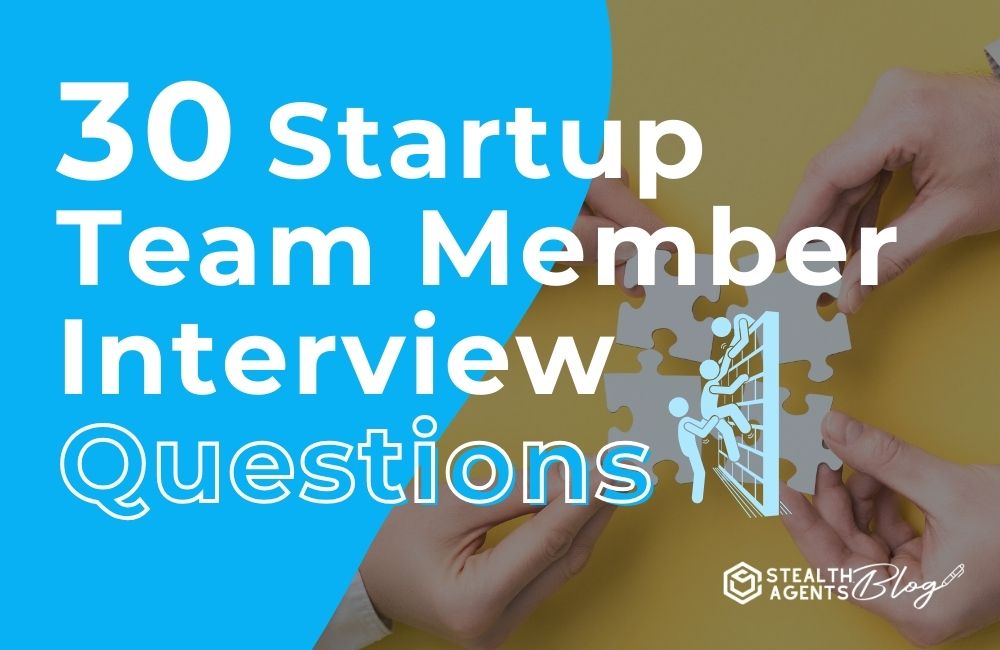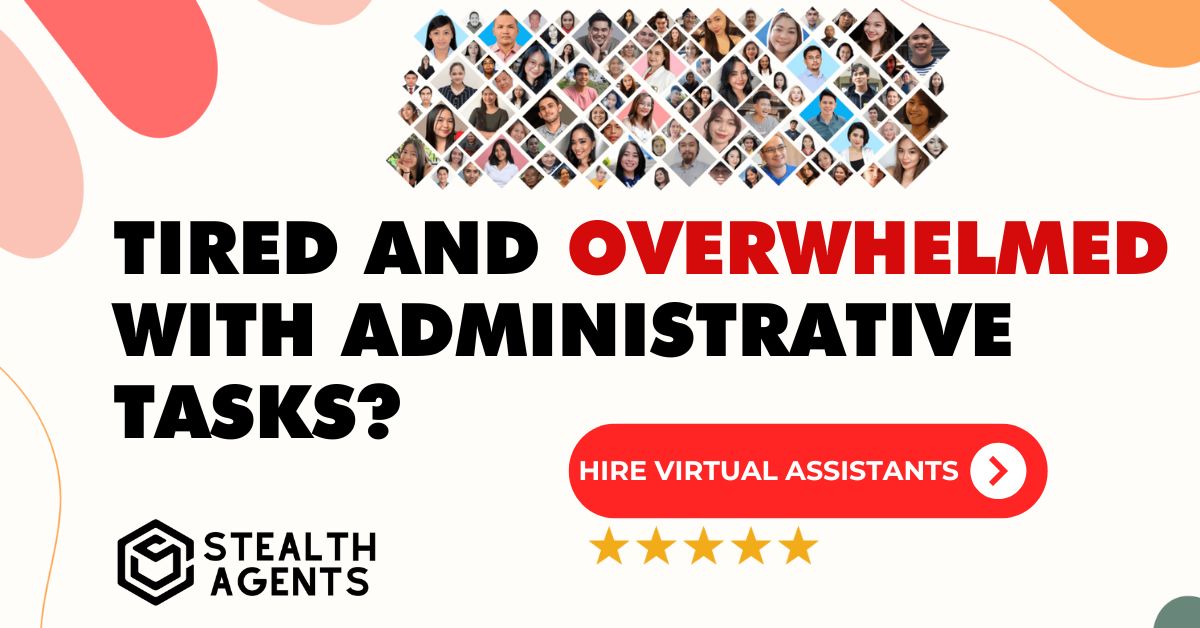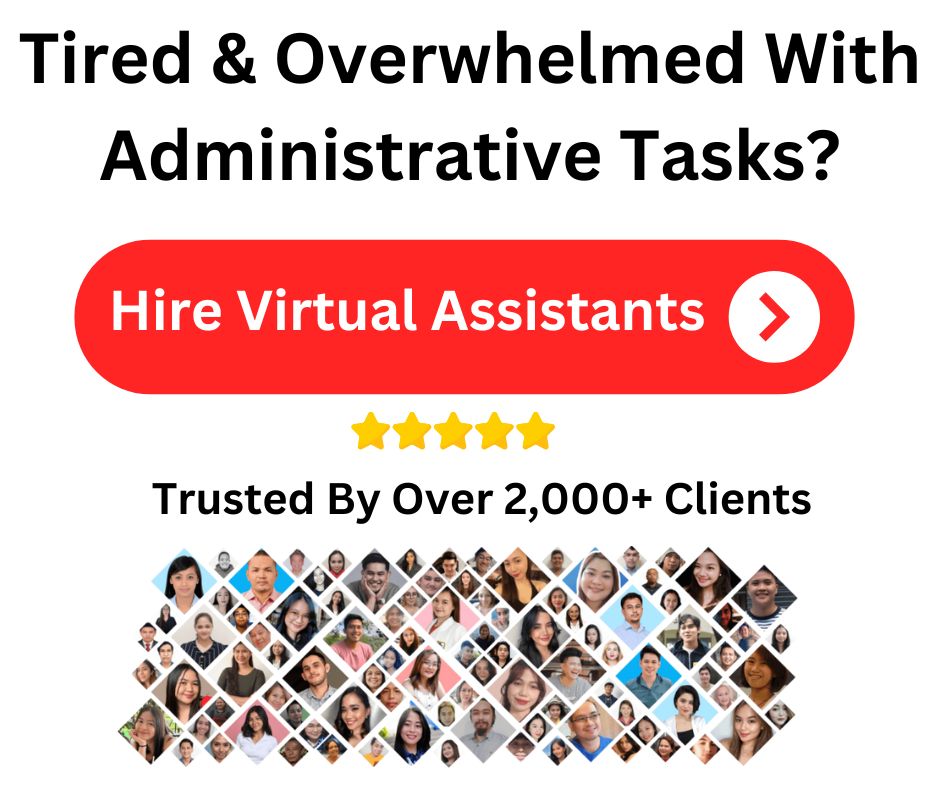So, you’re at the helm of a startup, a bustling new venture that promises innovation and excitement in spades. As you navigate the bustling seas of the corporate world, you understand that your ship’s success isn’t just about the vessel (the product) but the crew (your team) that steers the course. And when it comes to assembling your team, hiring is the lynchpin.
Hiring in a startup is an art form, a symphony that should resonate with your company’s ethos, culture, and vision. To ensure your new hire sings in harmony with your startup, you need an interview process that delves deeper than just the standard questions. You’re crafting a unique culture, and to do that, you need exceptional individuals.
This blog post serves as your lodestar, guiding you through thirty start-up team member interview questions. Each question is a constellation of insight designed to illuminate the depths of your candidate’s potential, shaping your journey with a clear roadmap of talent exploration.
Startup Team Member Interview Questions
1. “Walk us through the project where you felt you were stretched the most. What did you learn, and how did you apply that learning to future tasks?”
This question uncovers the candidate’s resilience and ability to grow from challenges. In a startup, every team member must be malleable and open to continuous learning.
2. “If you could rewrite the job description for your previous role, what would you include that was missing?”
Here, you gauge the candidate’s understanding of their value within a company. They should identify the critical components of their role that can add to the organization.
3. “Describe a situation where you noticed a problem that no one else did. How did you fix it?”
Startups thrive on problem-solvers who are attuned to the nuances of their surroundings. This question reveals their ability to identify and address issues autonomously.
4. “In your past role, how did you track your success? What metrics are important to you, and why?”
An understanding of personal performance metrics is vital. It demonstrates the candidate’s self-awareness and focus on measurable outcomes.
5. “Tell us about a time when you had to persuade others to do something. How did you approach the situation, and what was the result?”
Persuasiveness and the ability to rally a team behind an idea are critical in a startup environment. The candidate’s response to this question highlights their communication and leadership skills.
6. “What’s the most difficult feedback you’ve received, and how did you handle it?”
A startup is no place for the faint of heart. The willingness and capability to accept and grow from feedback are qualities you want to uncover in your team members.
7. “What motivates you in a work setting, and how do you sustain that motivation in the long term?”
Understanding a candidate’s intrinsic motivation is essential. It tells you what drives them to excel, even when the going gets tough.
8. “How do you prioritize your work? Can you give an example of a time when your priorities shifted and how you managed the change?”
In the whirlwind of a startup, adaptability and solid time management are key. This question uncovers the candidate’s organization and flexibility in handling tasks.
9. “If you were the CEO of our company, what’s the first change you would make? Why?”
This question not only explores the candidate’s knowledge of your startup but also their ability to critically think and offer insights for improvement.
10. “Discuss a team project that failed. What did you learn, and how did you contribute to the failure or success?”
Failures can be very telling. This question gives you a glimpse into their teamwork, as well as their reflection and self-awareness.
11. “Describe a time when you offered help before it was asked of you. Why did you do it, and what was the outcome?”
Proactive team members are a boon to any startup. This query helps to identify the self-starters and the go-getters.
12. “Tell us about a time when you had a disagreement with your supervisor. How did you approach it, and what was the resolution?”
The way a candidate handles professional conflicts speaks volumes about their emotional intelligence and professionalism.
13. “What role do you usually play in a team? Leader, follower, or loner?”
Understanding their team dynamics is vital. The ideal candidate will be adaptable to the role required at any given moment.
14. “How do you like to be managed? What is your preferred communication style with your managers?”
This gets to the heart of how your startup’s team should be interacting with one another. It helps in creating a conducive environment for the candidate.
15. “Give us an example of a time when you had to work with a difficult team member. How did you handle the situation?”
Startups often have a close-knit environment. How a candidate navigates challenging interpersonal relationships provides insight into their collaborative skills.
16. “Discuss a time when you were faced with tight deadlines and unrealistic expectations. How did you handle it?”
The occasionally chaotic world of startups often involves tight deadlines and high expectations. This question reveals their stress management and decision-making process under pressure.
17. “How do you stay current with industry trends and changes?”
For a startup to remain competitive, its team must be on the leading edge of their field. The candidate’s answer to this question shows their commitment to ongoing learning.
18. “Can you provide an example of when you had to learn a new skill or technology quickly in order to complete a project?”
In a startup, change is the only constant. The ability to rapidly onboard new skills is invaluable, making this an important question.
19. “Describe a situation where you had to multitask across various projects. How did you keep track of all the work without becoming overwhelmed?”
Juggling multiple tasks is almost a job requirement in a startup. This question assesses how the candidate handles a high volume of responsibilities.
20. “What’s the most innovative or out-of-the-box idea you’ve brought to a team or company?”
Successful startups are born of innovation. This question evaluates the candidate’s creative thinking and problem-solving abilities.
21. “If you could have had a different career, what would it have been and why?”
While not directly related to the job, this question reveals interesting insights into the candidate’s dreams and aspirations, which can be a window to their character and motivations.
22. “How do you feel about the prospect of working long hours or off-hours if the situation demands?”
The potential for non-standard work hours is higher in startups. The candidate’s approach to this possibility uncovers their flexibility and dedication to the role.
23. “What are your non-negotiable work values, and why are they important to you?”
Understanding the non-negotiables gives you an understanding of whether the candidate’s values align with those of the company.
24. “What’s your experience with failure, and how has it shaped you as a professional?”
This question taps into their personal growth. The insights here can highlight resilience and determination in the face of adversity.
25. “What’s the last book or article you read that had an impact on your career, and in what way?”
A glimpse into their recent educational pursuits tells you how committed they are to professional growth and self-improvement.
26. “Give us an example of how you handle a substantial workload. What are your strategies for staying on top of your tasks?”
Inquiring about their strategies for managing heavy workloads offers insights into their organizational and productivity skills.
27. “How do you work with limited resources or constraints? Can you describe a time when you had to be resourceful?”
This question assesses their ability to think on their feet and find workarounds when traditional methods may not be feasible.
28. “Can you discuss a day at a previous job where you knew you’d made a substantial impact? What did you do, and how did it affect the team or company?”
Here, you’re evaluating their ability to spot opportunities for impact and their understanding of the ripple effect of their work within the organization.
29. “What do you see as the most pressing challenge facing startups in our industry today, and how would you tackle it?”
The candidate’s response will give insight into their market awareness and strategic thinking, essential in a startup environment.
30. “Why do you want to work for us, specifically? What makes our startup stand out to you?”
The answer to this question will shed light on whether the candidate has done their homework on your company, its mission, and vision.
The Interview as a Melding of Minds
Remember that the interview process is a two-way street. Just as you’re assessing the candidate, they are appraising you and your startup. Be sure to provide a glimpse into your company culture, the vision you aspire to, and the values that are crucial to your brand.
May your startup be graced with a team as unique and dynamic as the company itself. With these 30 interview questions as your toolset, you’re ready to discover the perfect pieces to complete the puzzle of success in the competitive and thrilling startup landscape. Be bold, be insightful, and above all, be genuine in your search for the stars that will illuminate the path of your startup’s journey.









